I am finally starting that Filipino American book club I’ve been talking about for months. Get ready to decolonize your bookshelves in 2019.
I’ll be deconstructing the concept of a must-read. I want to talk about how what we consider classics and how the lack of media representation in literature has made it so that only white writers are ever considered canon.
The books assigned in American high schools range from classical Greek dramas to gothic romances. We learn about the brutality of Puritan and Frontier society, doomed Jazz Age tycoons in the 1920s. We read Steinbeck and his stories about the plight of white migrant farmers in the American South. But entire groups of people are often excluded from must-read lists and required reading curriculums. For example, how many white migrant farmers are there nowadays? Hardly any. 1 in 7 Asian Americans is undocumented. Where are their stories? Filipino Americans were the very first Asian Americans to step foot on American soil and played a major role in building the infrastructure in this country. Where is that story in American history?
When I was growing up, it was difficult to find books written by Asian Americans and especially Filipino Americans. Amy Tan was the only author I could find. I finally read Joy Luck Club when I was in the 6th grade and even though I couldn’t completely relate to any of the stories she told because I’m Filipino and the characters in her book were Chinese, I was still happy that her novels even existed. And her book did change things. When the movie adaptation came out, I had never seen an all-Asian cast before. And for decades, we were deprived of another all-Asian American film until last summer’s Crazy Rich Asians. Now we’re lucky enough to live in a time when authors like Viet Thanh Nguyen take home the Pulitzer Prize and Kevin Kwan writes a blockbuster novel that gets turned into a trailblazing blockbuster film. All of these stories challenge the immigrant narrative that dominated the conversation for decades.
In my book club, we’re going to talk about Asian American writers who have written stories of struggle and triumph, and explored themes of civil unrest, assimilation, racism, and alienation. Because I’m Filipino and Filipinos and other Southeast Asians are often shut out of the conversation about Asianness in America, I’m going to do my best to ensure that those authors are heavily represented in the books I choose.
Some of our discussions will focus on children’s and young adult literature as well. The books we read as children and teenagers are some of the most important books that we read, because we read them when we are in the process of figuring out who we are, what we believe, whose stories are important. All children’s and young adult books are political in the sense that their authors make choices about who to include and who to exclude, and which values to promote and downplay. Too many American children do not grow up in politicized households nor are they given much instruction on race, marginalization and identities other than their own. (See my article about pre-socialized representation for Asian American children.) It’s one of the reasons I’m such a staunch supporter of organizations like We Need Diverse Books, which is founded by Ellen Oh of Bethesda, Maryland.
Through my blog, podcast, social media platforms (Twitter, Instagram and Facebook), and public appearances like moderating panels at various literary festivals, I’ve made a lot of connections, many of whom are Asian American authors who are putting out some of the most-talked about articles, novels, memoirs, and non-fiction books today. I’ve also connected with some amazing Asian book bloggers, book reviewers,, bookstagrammers, and literary agents.
My goal is to host thought-provoking discussions and open people’s eyes to what they’ve been missing by relegating Asian American writing as “special interest” and therefore, inessential. To us Asians, these works are absolutely necessary to discovering our own identity and liberation.
*If you are in the Baltimore area this spring, I will be moderating another book panel, this time at the CityLit Festival. The topic I’ve chosen is “Your Classics Aren’t My Classics! Decolonizing Literary Canon for Asian Americans.” My panelists will include Gem Daus, Mekita Rivas, and Chris Jesu Lee. It’s going to be a great discussion and we’ll be diving deep into issues like the lack of diversity in children’s and young adult literature as well as the prejudices we face from the publishing industry and academia. The panel will take place at the University of Baltimore on Saturday, April 27th and I will update my blog with more details as the date approaches.


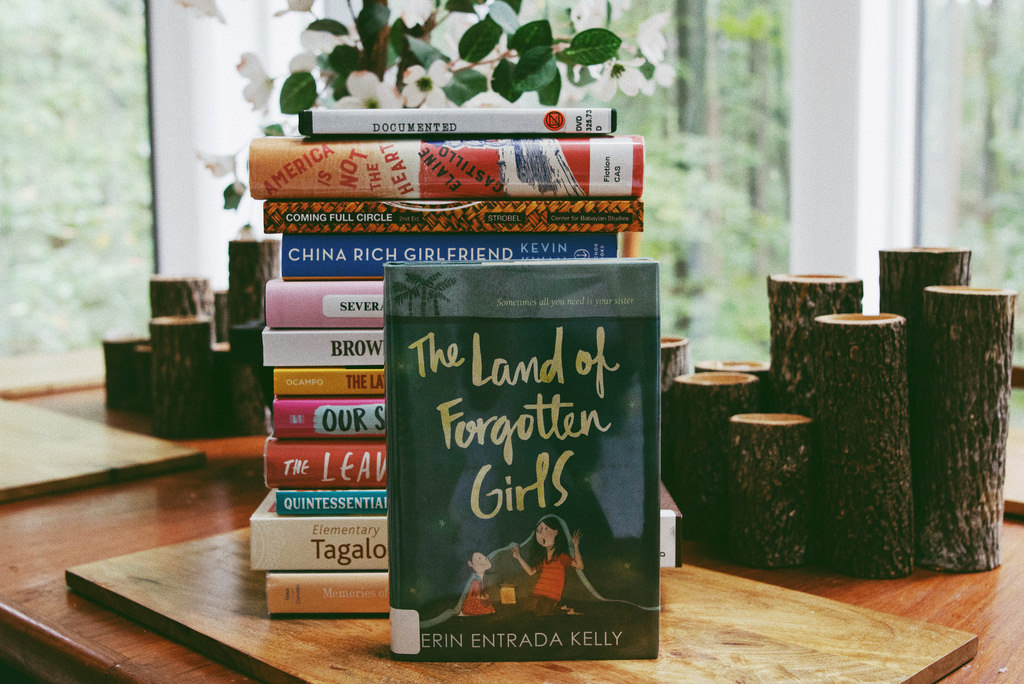
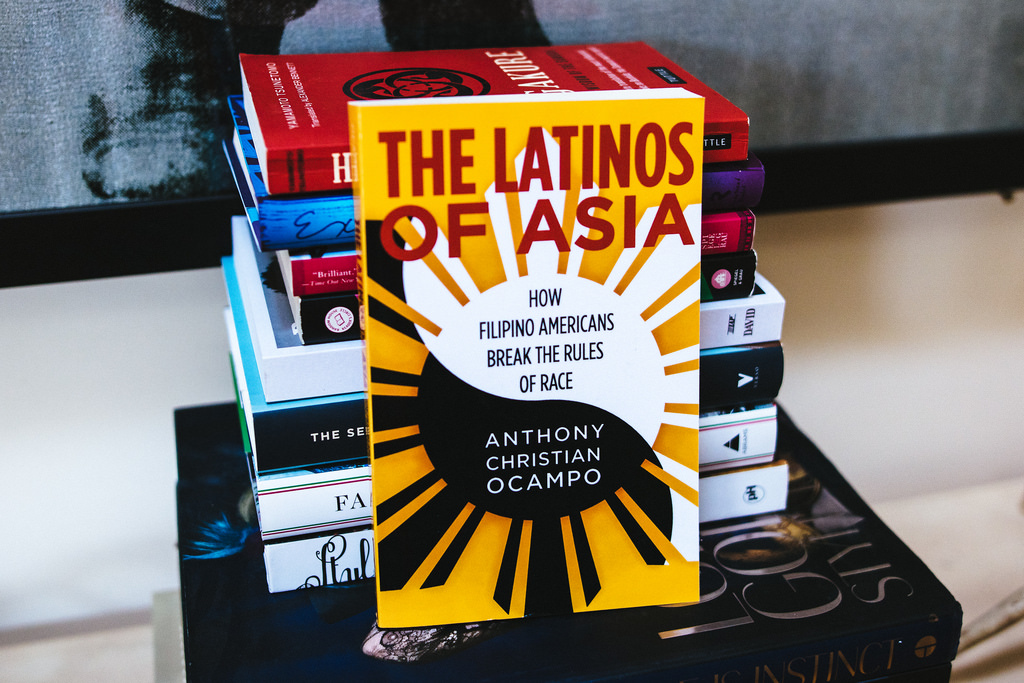
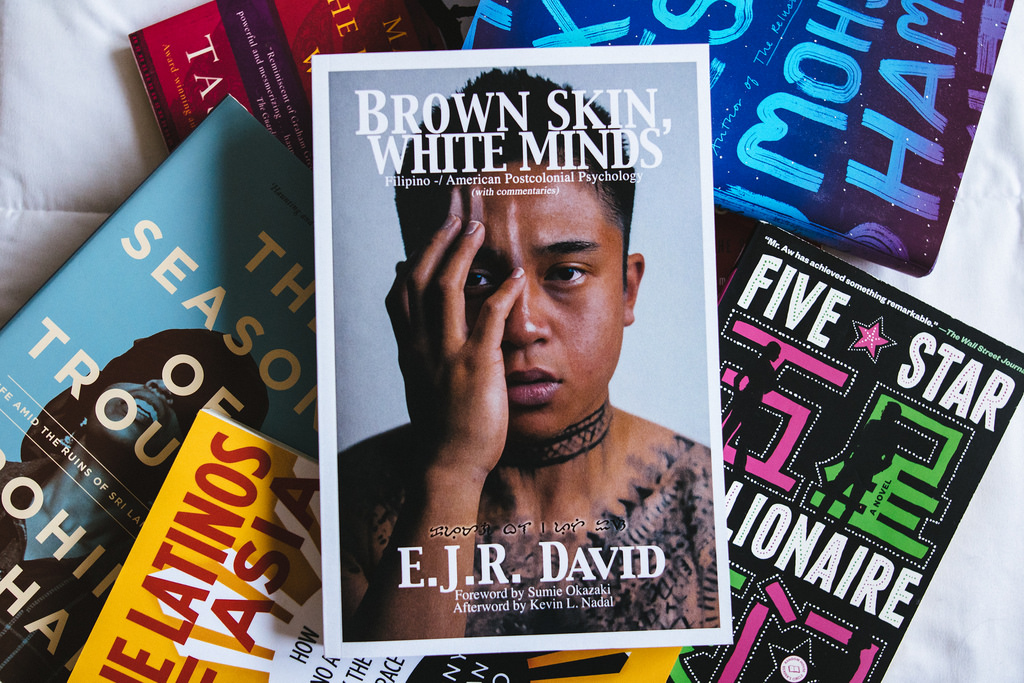
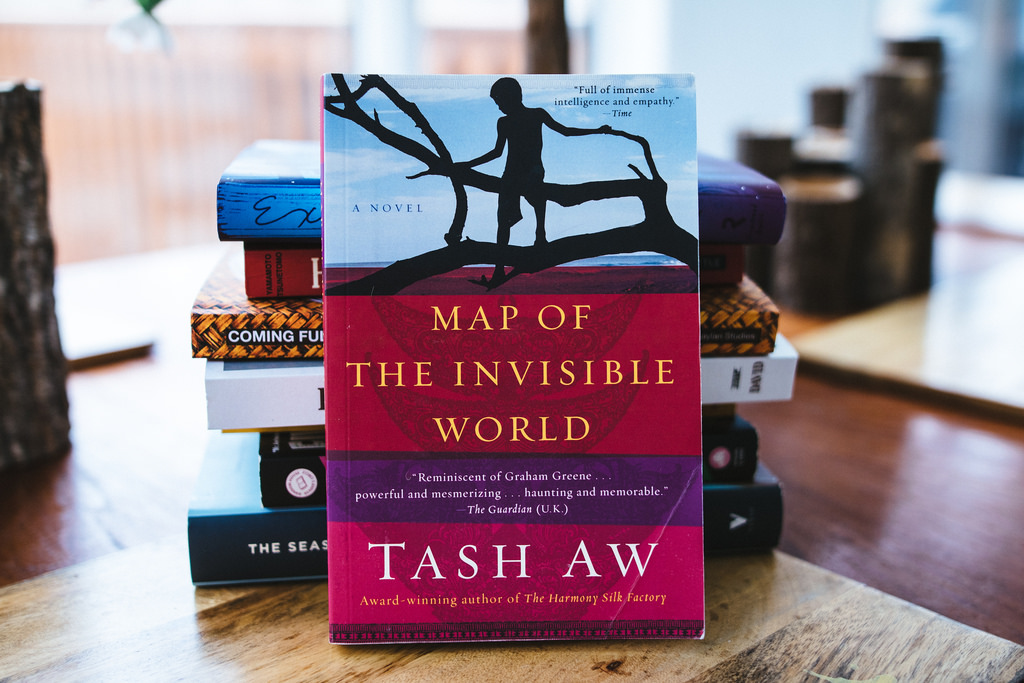
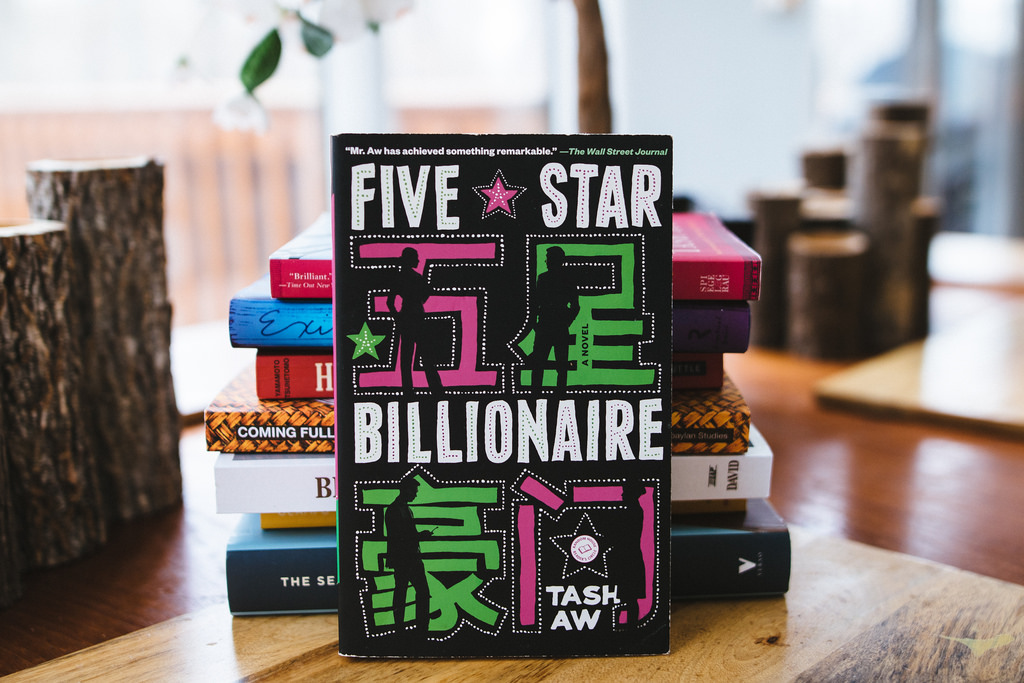
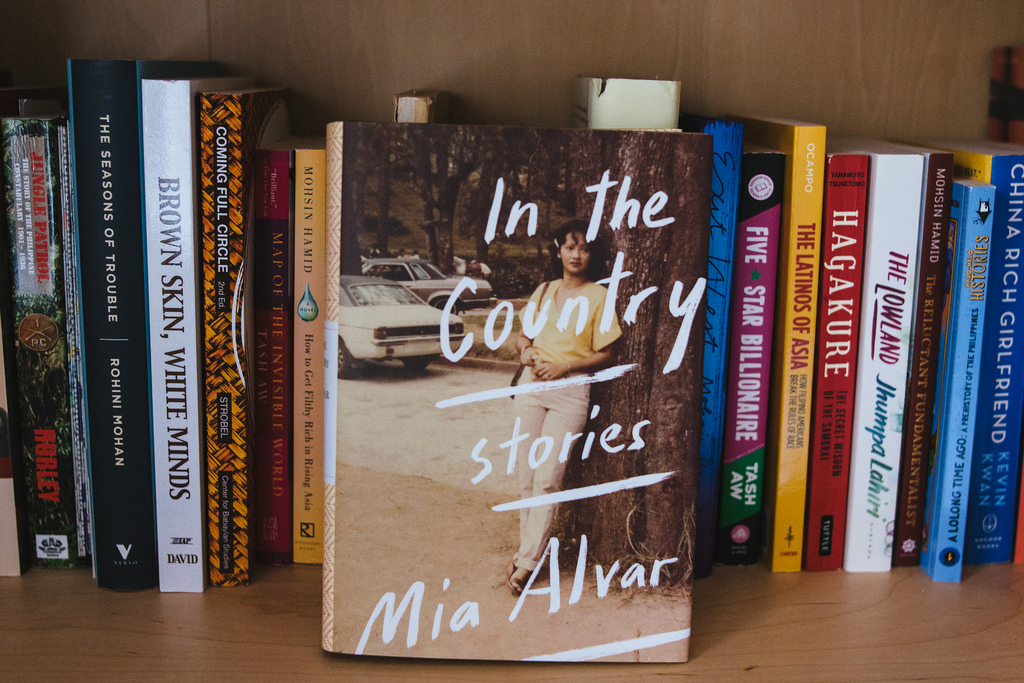
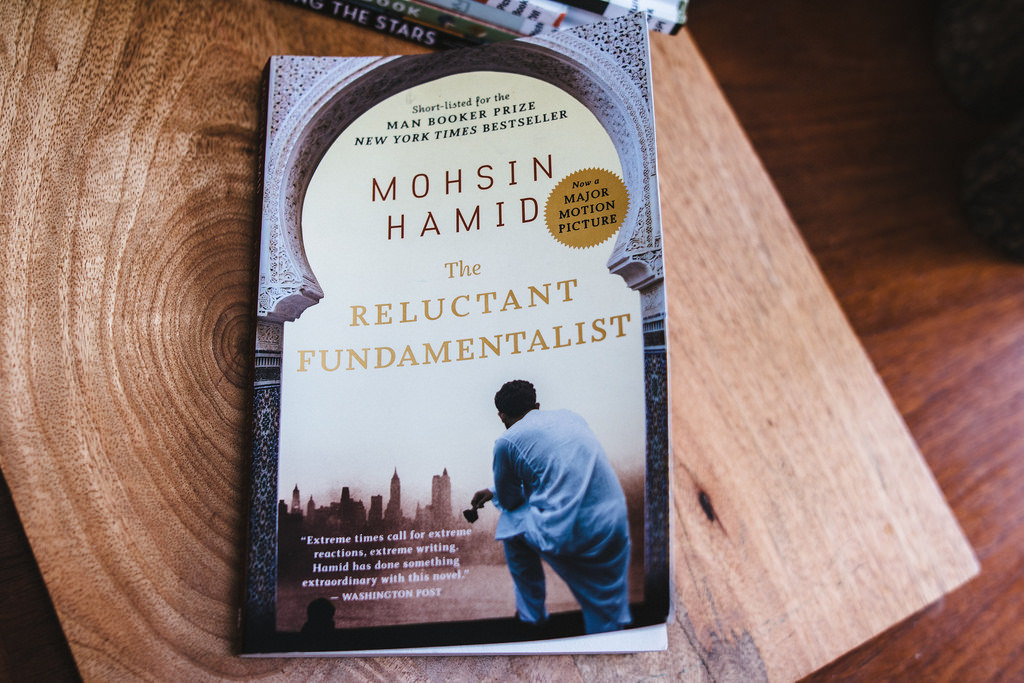
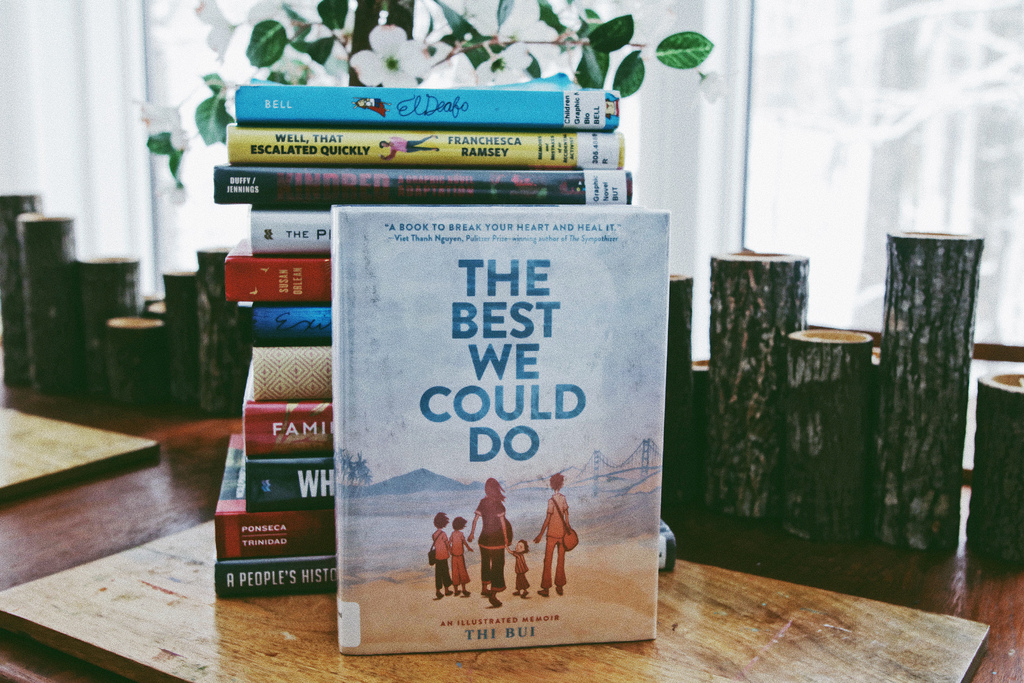
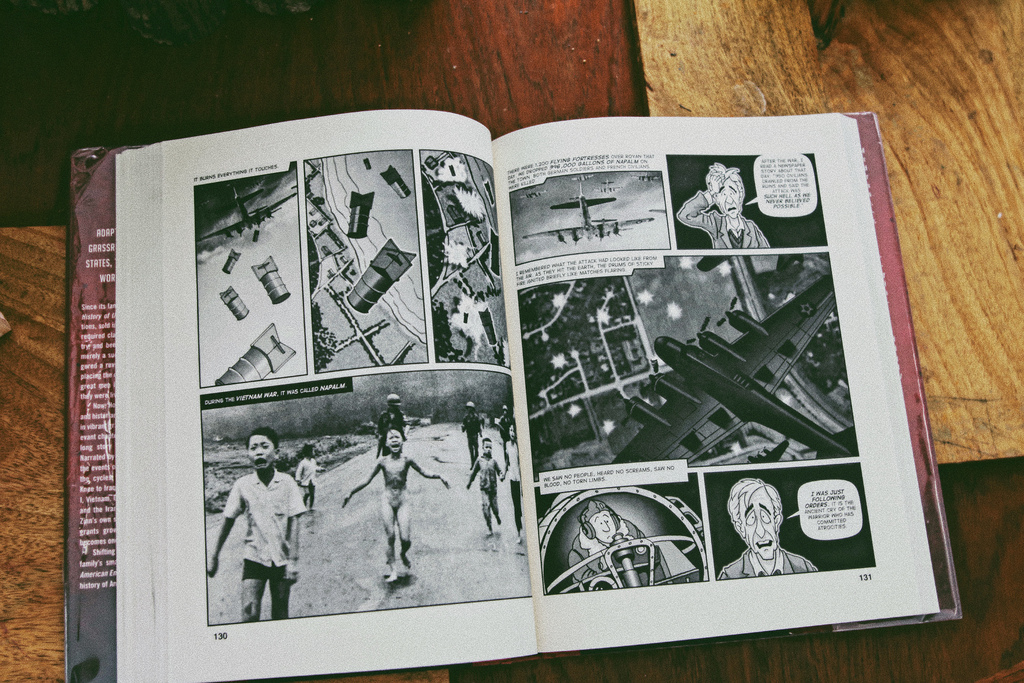
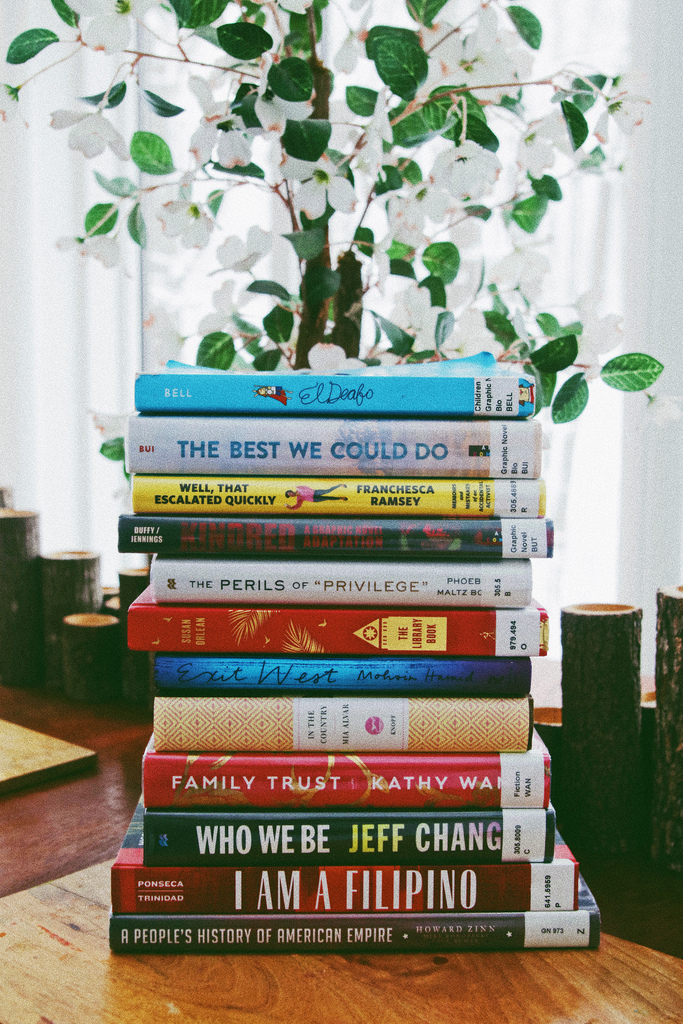
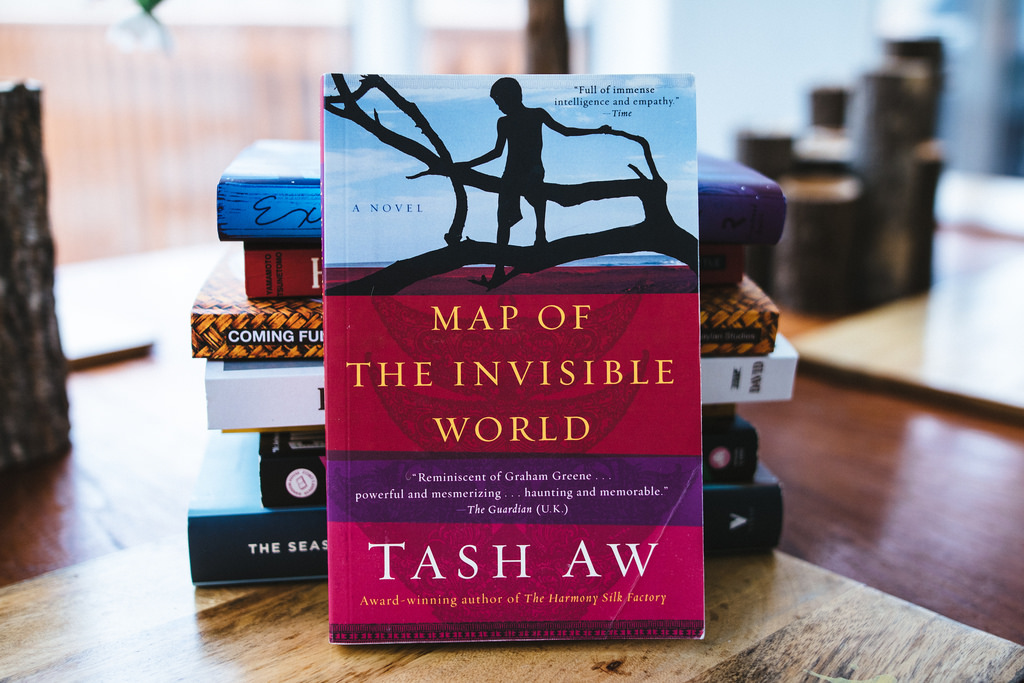
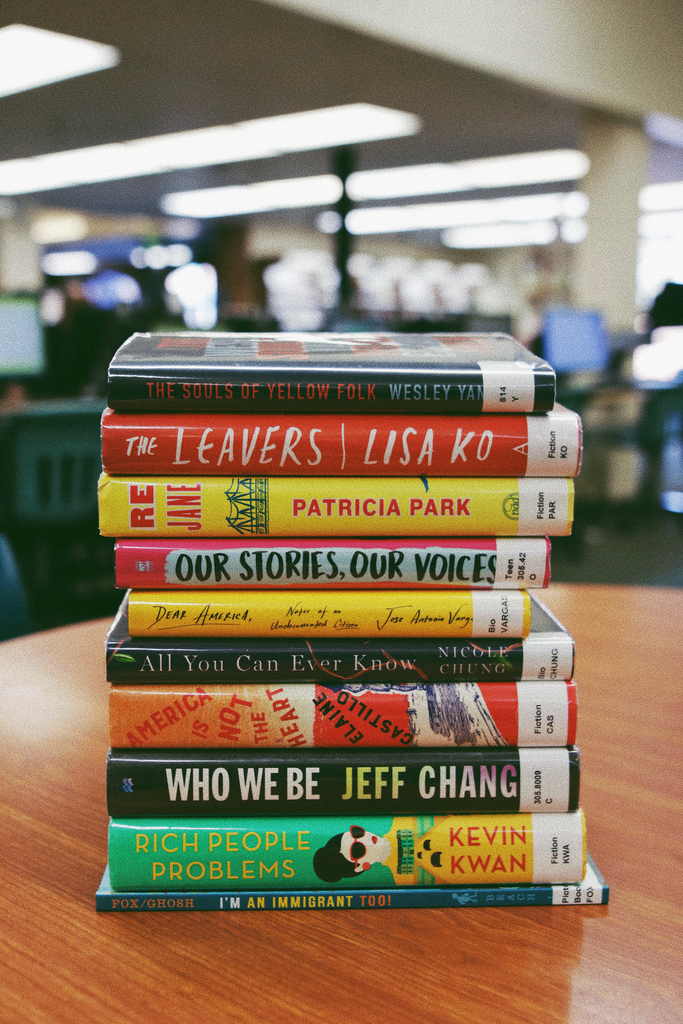
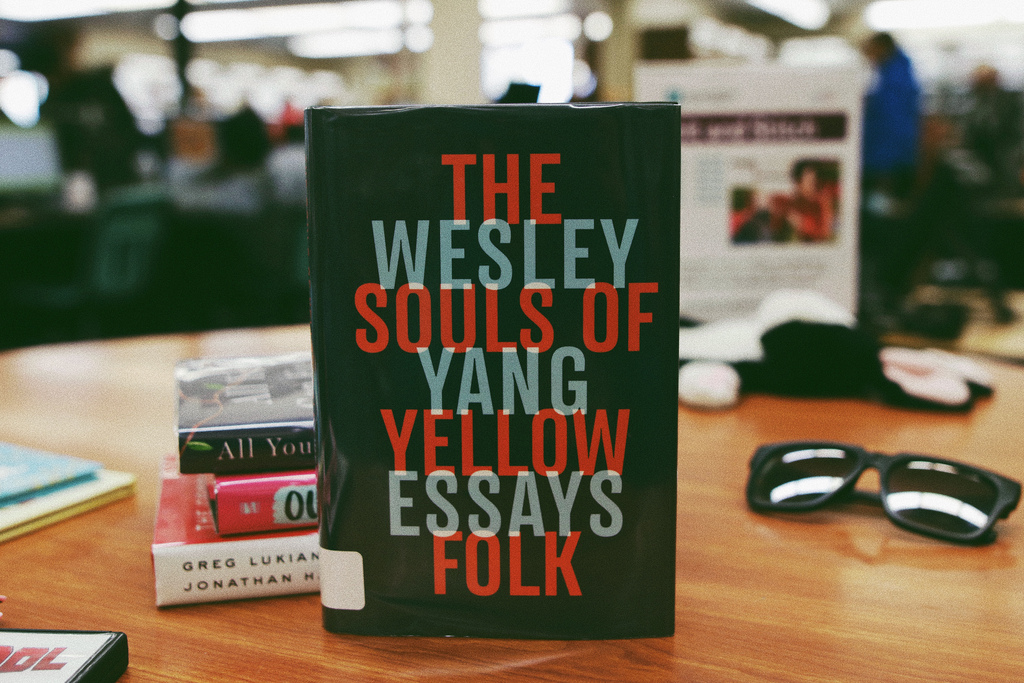
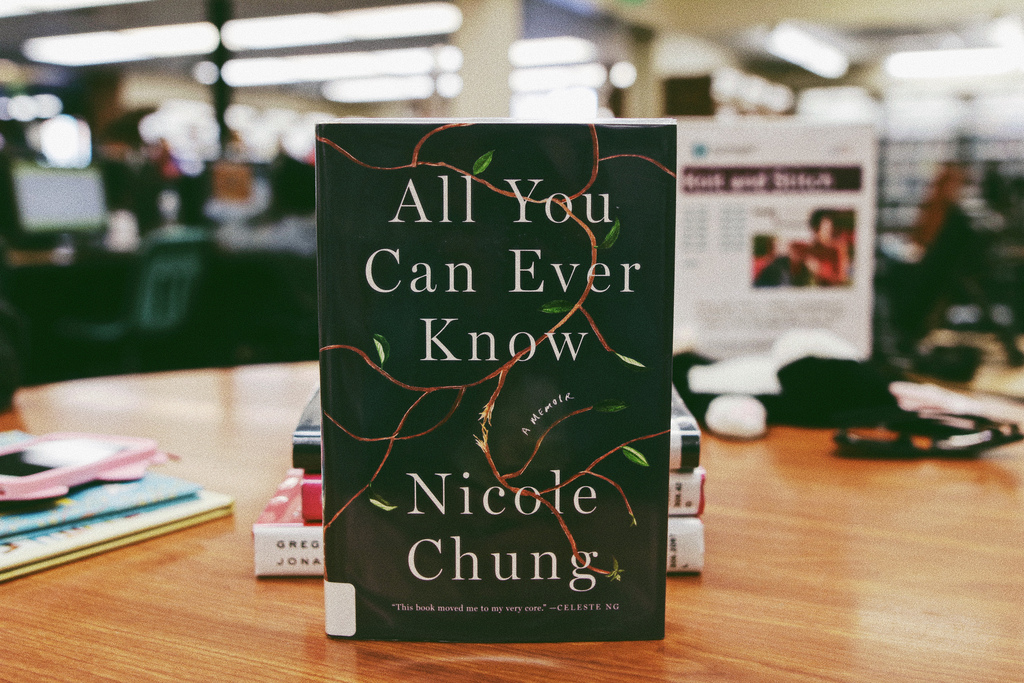
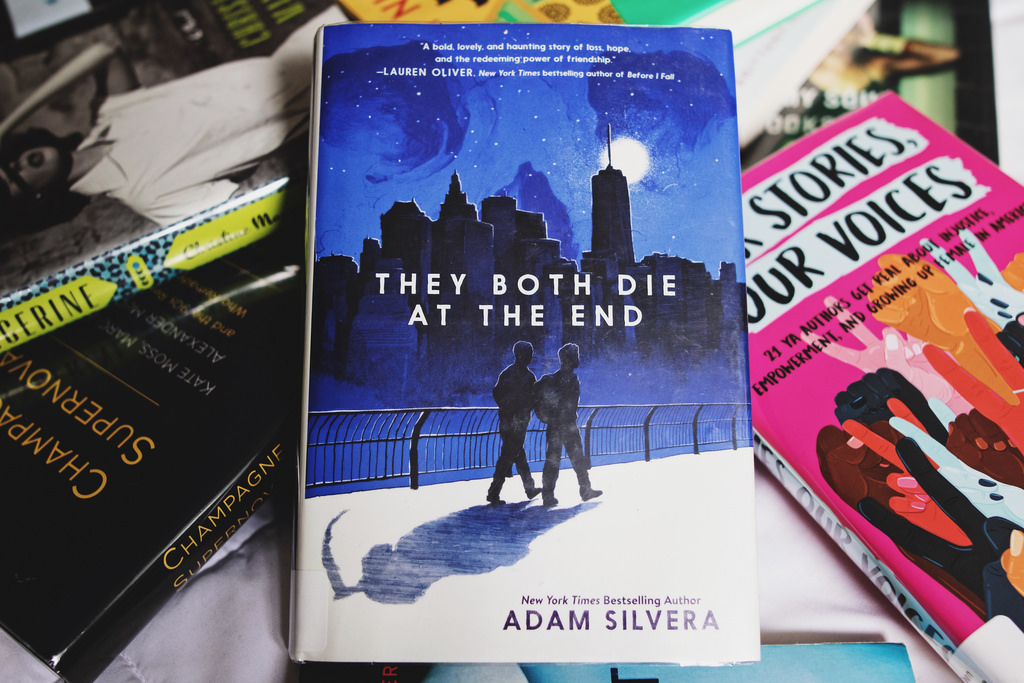





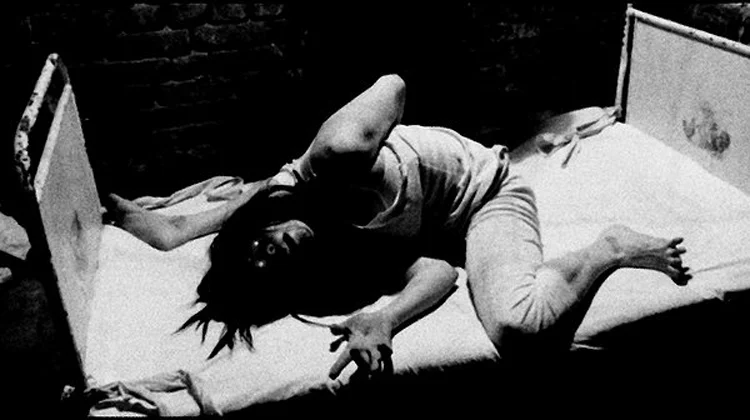













I usually do a write up of the events I’ve organized or hosted and my most-read articles at the end of the year. This was an unusual year (obviously, there is no need to go into it here) so I didn’t bother. Instead I want to highlight a project of mine that I am particularly proud of — it’s my new podcast show, Unverified Accounts, that I cohost with my frequent collaborators, Chris Jesu Lee and Filip Guo. If you're a big movie/TV/book buff, have leftist sympathies, but can't stand 'wokeness' dumbing down our culture, then we're the podcast for you. So far in our 25 episodes, we’ve covered a range of contentious topics.